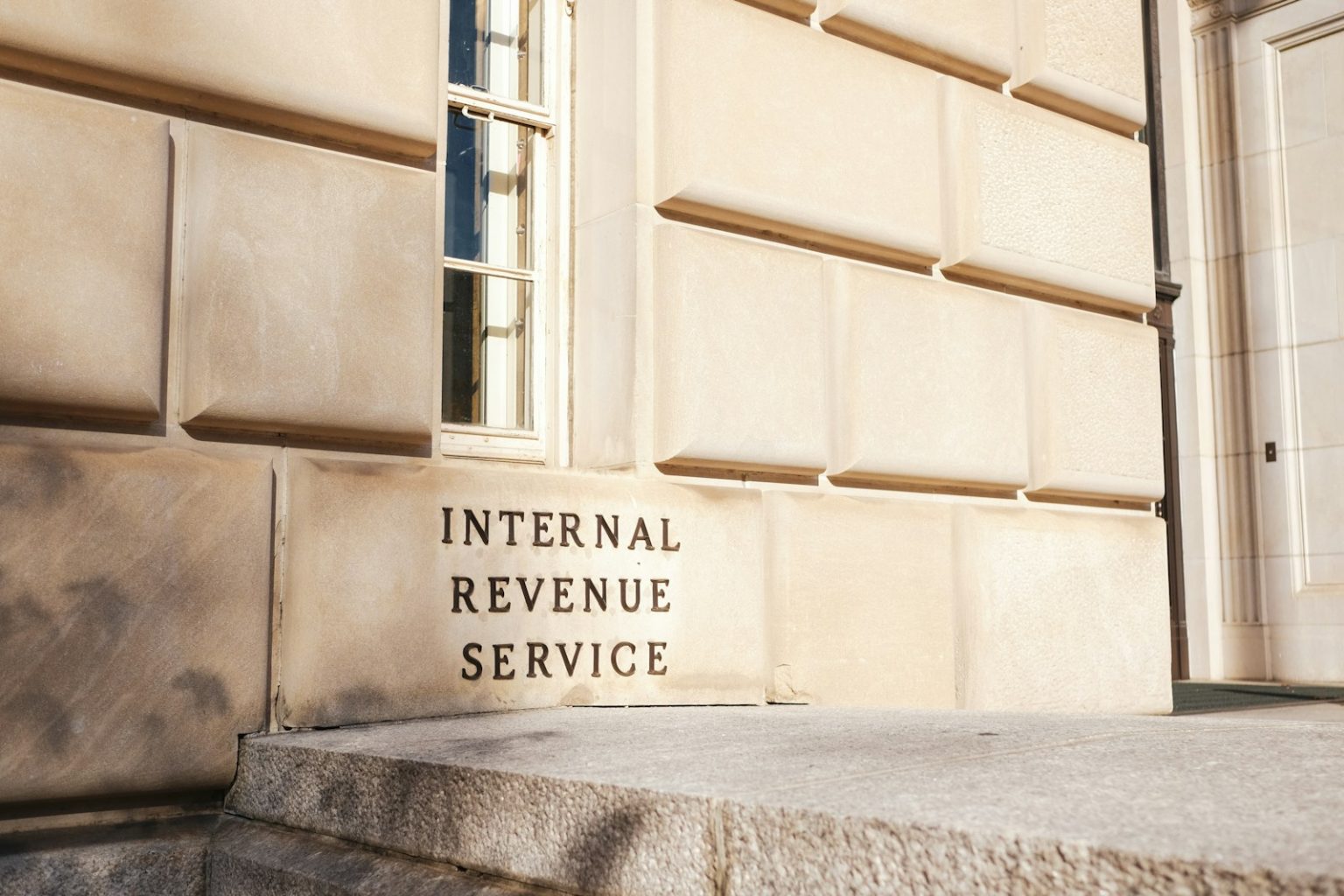The Johnson Amendment Challenge
At the center of the lawsuit is the Johnson Amendment, a 1954 provision in the U.S. tax code that prohibits tax-exempt organizations, including churches, from endorsing or opposing candidates for political office. Organizations that violate this provision risk losing their tax-exempt status.
The religious groups contend that this restriction creates an unconstitutional burden on their religious practices and expression. They maintain that political advocacy can be an extension of religious beliefs and that the government should not restrict such expression.
Legal experts note that this case could have far-reaching implications for both religious freedom and campaign finance regulations. If successful, the lawsuit could fundamentally alter how religious organizations participate in the political process.
Historical Context and Previous Challenges
This is not the first time the Johnson Amendment has been subject to legal scrutiny. Previous administrations have considered weakening the provision, with former President Donald Trump signing an executive order in 2017 directing the Treasury Department to avoid taking action against religious organizations that engage in political speech.
However, that executive order stopped short of eliminating the restriction, and the fundamental legal framework remained intact. This new lawsuit seeks a more definitive ruling on the constitutionality of the ban.
Religious organizations have historically navigated a careful line between addressing moral and social issues and explicitly endorsing candidates. Many religious leaders have expressed concerns about the following potential outcomes:
- Increased political pressure on religious institutions
- Potential division within congregations over political endorsements
- Risks to the independence of religious institutions
IRS Enforcement and Policy Implications
The IRS has historically been cautious in its enforcement of the Johnson Amendment, rarely revoking tax-exempt status solely based on political endorsements. Critics of the current policy argue that this selective enforcement creates uncertainty for religious organizations.
Defenders of the ban argue that it serves a crucial purpose in preventing tax-exempt organizations from serving as conduits for political spending while enjoying tax benefits. They argue that removing the restriction could transform some religious institutions into tax-exempt political organizations.
The case raises fundamental questions about the separation of church and state, the limits of government regulation of religious speech, and the conditions that can be placed on tax-exempt status.
As the lawsuit progresses through the court system, it will likely draw attention from religious organizations, civil liberties groups, and campaign finance reformers. The outcome could reshape the role of religious institutions in American political life and establish new precedents for First Amendment protections in the context of tax regulations.







